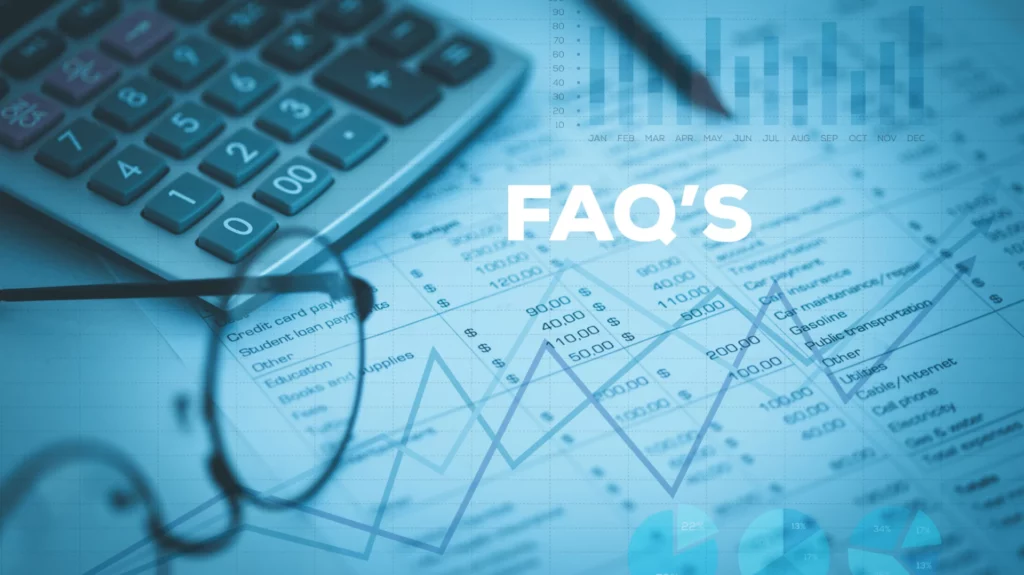Refinancing
Mortgage Refinancing in Ontario: Unlocking Financial Potential Using Your Home Equity

Maximizing Your Mortgage in Ontario and Ottawa
In the ever-changing economic and real estate landscapes of Ontario and in cities like Ottawa, homeowners often find themselves evaluating their mortgage options for optimal rates and financial leverage. Mortgage refinancing is a strategy that can unlock significant financial benefits, whether you’re looking to lower the interest rates of consolidated debt, tap into home equity for renovations or other substantial financial expenses, or you’re looking to change your mortgage contract terms while accessing equity for other reasons. We’ll explore the nuances of mortgage refinancing in order to help you make informed decisions.
What Is Mortgage Refinancing?
Mortgage refinancing involves replacing your existing mortgage with a new one. This process can provide you with a lower interest rate, access to your home’s equity, or the opportunity to consolidate debts. It’s a powerful tool for reshaping your financial situation to better align with your current needs and future goals. It’s worth noting that refinancing comes with benefits and drawbacks that need to be weighed against each other before deciding to move forward with a refinance.
When to Consider Refinancing Your Mortgage
Combine high-interest debts like credit cards or personal loans into your mortgage, reducing your monthly payments and interest charges.
Accessing Equity:
If your home has increased in value, refinancing can unlock this equity, providing funds for home renovations, investments, or other financial needs.
Mortgage Adjustments:
Adjust the length of your mortgage term and amortization, and access new rates to better suit your current financial situation.

Understanding the Refinancing Process in Ontario and Ottawa
Assessment:
Evaluate your current mortgage and financial goals. Consider how much equity you have in your home and the available mortgage options compared to yours
Calculating Costs:
Refinancing can involve several costs, including penalty fees for breaking your current mortgage, legal fees, and possible appraisal fees.
Application:
Apply for a new mortgage with the support of your mortgage agent, who will provide all necessary financial guidance and documentation.
Approval and Closing:
Once approved, you’ll proceed to closing, where the new mortgage replaces the old one, and any additional funds are disbursed.
Benefits of Mortgage Refinancing
Financial Flexibility:
Refinancing can free up monthly cash flow or provide a lump sum of cash for significant expenses.
Interest Savings:
A lower interest rate can significantly reduce the amount of interest paid over the life of the loan.
Debt Management:
Consolidating debts into a mortgage can simplify payments and reduce overall interest costs.
Potential Risks and Considerations
Breaking Contract Fees:
Be aware of any penalties or fees for breaking your existing mortgage contract.
Long-term Costs:
Extending your mortgage term and amortization can mean paying more interest over time, even if the rate is lower.
Home Equity Impact:
Accessing equity increases the credit owed against your home. This can be stressful for some homeowners

Navigating Mortgage Refinancing in Ontario and Ottawa
Navigating mortgage refinancing can seem like a complicated endeavor to step into, but it can be simplified with the right help. As a mortgage agent, I am able to help you with any mortgage financing that you need done. I am able to guide you through each step of the process by keeping you informed and aware of what to expect. The process of refinancing is summarized here in three main steps. To learn more about the refinancing process reach out for a free consultation.
Personalized Consultation:
Assessing your unique situation to determine if refinancing aligns with your financial objectives.
Expert Advice:
Providing insights into current market conditions, interest rates, and lender offerings.
Streamlined Process:
Assisting with paperwork, negotiations with lenders, and ensuring a smooth transaction.

FAQs
How does refinancing impact my credit score?
Refinancing your mortgage can impact your credit score in several ways:
- Initial Credit Check: Applying for refinancing involves a hard inquiry from lenders, which can temporarily lower your credit score by a few points. Contrary to popular belief, in most situations where you are exploring multiple lenders for a mortgage loan or secured line of credit the credit bureaus in Canada do not deem the process as a negative form of credit-seeking.
- Closing an Account: When you refinance, your old mortgage is closed and replaced with a new one. Closing an old account has minimal effect on your score. Account history and be reviewed with a broader look at your credit profile.
- Debt Utilization Ratio: If you reduce or eliminate outstanding balances on various credit products during refinancing, it is likely to increase your credit score over time if you continue to utilize less than 50% of your available credit.
- Positive Long-Term Effects: Over time, consistent on-time payments on your new mortgage can improve your credit score. This pathway holds true if your credit is already in good standing, and in situations where you find yourself having to rebuild your credit score and financial health.
It’s essential to manage other credit obligations responsibly during and after the refinancing process to minimize the impact on your credit score.
Can I refinance with a different lender?
Yes, you can refinance your mortgage with a different lender. In fact, it’s often advisable to shop around for the best rates and terms:
- Comparing Offers: You might find more favorable interest rates or terms with a different lender. As a mortgage agent, I do the exploration of options and offers on your behalf and then present you with the various pathways available to you.
- Negotiation Leverage: Knowing offers from other lenders can provide you with leverage when negotiating terms. As your mortgage agent, it’s my job to explore options on your behalf. I have preferred partner relationships with an array of lenders, which allows me to utilize negotiation leverage in service to your interests.
- Consider Costs: Be mindful of any fees or penalties associated with leaving your current lender, and weigh these against the potential benefits of switching. As you go through the process of exploring a refinance, you will be made aware of the associated costs before committing to a solution.
Always review the total costs of refinancing with a new lender to ensure it’s financially beneficial in the long term.
What are the tax implications of accessing home equity?
The tax implications of accessing home equity in Ontario can vary based on how the funds are used:
- Personal Use: If you use the equity for personal expenses like home renovations, debt consolidation, or to cover personal expenses, the money borrowed is not taxable income.
- Investment Use: If you use the funds for investment purposes, such as buying stocks or a rental property, the interest on the borrowed money may be tax-deductible.
- Primary Residence: If you are borrowing against your primary residence, there are usually no immediate tax implications.
- Capital Gains: If you sell your home after accessing the equity, you may need to consider capital gains tax, especially if the property is not your primary residence.
It’s important to consult with a tax professional to understand the specific tax implications based on your individual situation and how you plan to use the funds.



